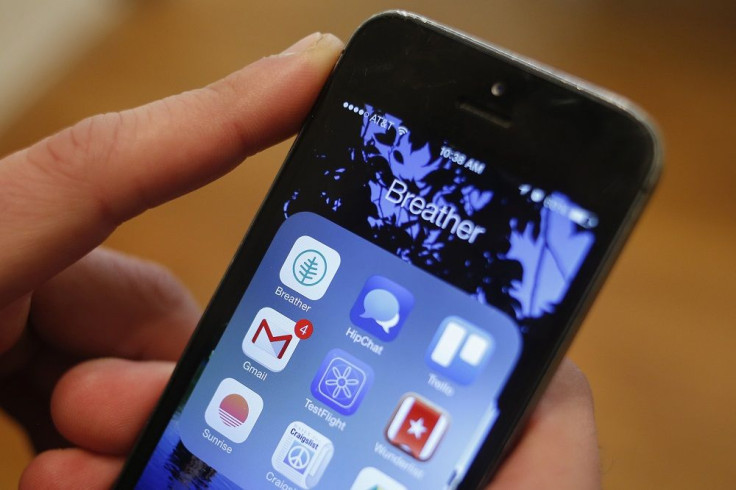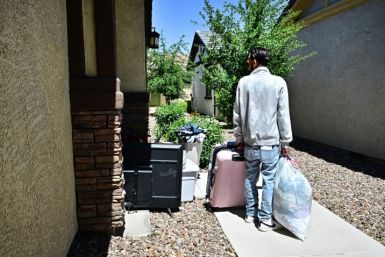Being at ease: How apps changed travel

It would be folly to say that apps, or the internet in general, have never altered our way of life, specifically, the way we travel. These have made travelling light very doable, as having a digital plane ticket, hotel reservations, cash, or even books to read is a surefire way to have more room for clothes and toiletries in your suitcase.
It’s more than just making your travelling bag lighter.
Now, there’s Accuweather to help us decide which city would be lovely for sunbathing in the next day, or City Maps to make us extra-confident that losing your way in an unfamiliar conurbation is no longer a problem. City Notes , for instance, not only guides you to the top establishments in San Francisco and New York but saves you cash from hiring a tour guide.
Who says you have to bring heaps of newspapers to keep abreast of daily news? Born2Invest and Apple News do it for you, the same way Aldiko and Cool Reader do it for the bookworms.
On a larger scale, travel apps not only benefit the travelers. The global tourism market, which was valued at US$2.36 trillion (AUD$3.07 trillion) in 2014 and expected to surpass the 1.8 billion mark by 2030, would need to thank app developers across the globe, as a large fraction of tourists became acquainted with or felt safer in a country because of travel-focused mobile apps. The presence of AirBnB , Uber and even Flush Toilet Finder convinced tourists that a country, however unpopular or Third World it may be, makes it “travelable” like any other established city.
According to the latest Fuel.com survey on global leisure travel trends, most modern travelers are now highly dependent on the convenience and ease offered by mobile apps. For instance, it revealed that at least 52.2 percent of customers go straight to mobile apps to purchase additional services when they’re in a foreign country, and a staggering 61.4 percent customers will spend more cash for additional value offered on apps. Needless to mention the large number of vacation-related photos—72 percent of all tourists—are posted on various social media, which are essential in word-of-mouth or organic advertising of a brand, resort, city, or country.
In turn, it makes the global tourism a livelier place for investors. “With more than 85 person of travelers owning and using a smartphone, hoteliers need to focus on the benefits of this direct access to customers. The results overwhelmingly suggest that, not only is it time to invest in a mobile app, but it’s also time to use your hotel-branded mobile app to generate new revenue streams and increase RevPAR (Revenue Per Available Room),” said Fuel COO Stuart Butler.
There are still some disadvantages, of course. Among which is a particular country’s internet speed, since slow connection means obtaining either late updates from the app or being unable to maximise their full potential. A prime example is losing a plane reservation over somebody accessing the same app from Singapore (currently the leader in internet speeds in the world). Add to this poor data synchronisation from the cloud, country-specific restrictions, as well as problems that the apps themselves create.
In some cases, safety has been a major problem with apps that pose as perfect travel companion. Uber , for instance, despite its safety hotlines, are still haunted with such issues, the same way dating app Tinder, which is focused on helping people find new friends—or more aptly, dates—in unfamiliar cities, as it is still receiving a surfeit of complaints on abusive users and even “dates-gone-wrong” instances.
Everything considered, mobile apps have made travelling easier. They have made cities more connected, people closer to each other, establishments, cultures, traditions easier to discover, and, as always, luggage a lot lighter, and perhaps heavier when it’s time to come home.






